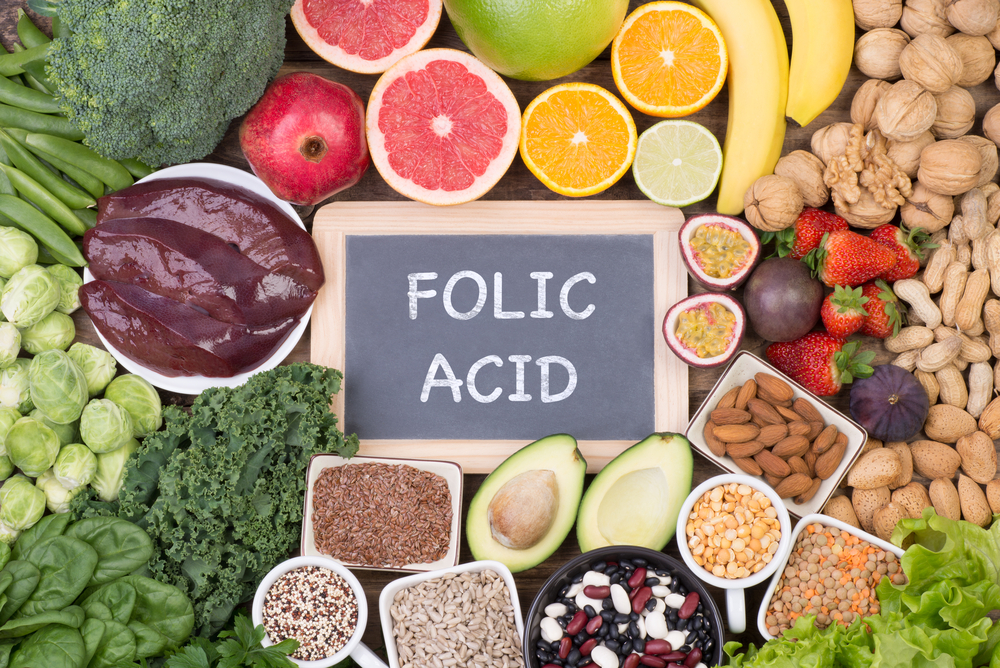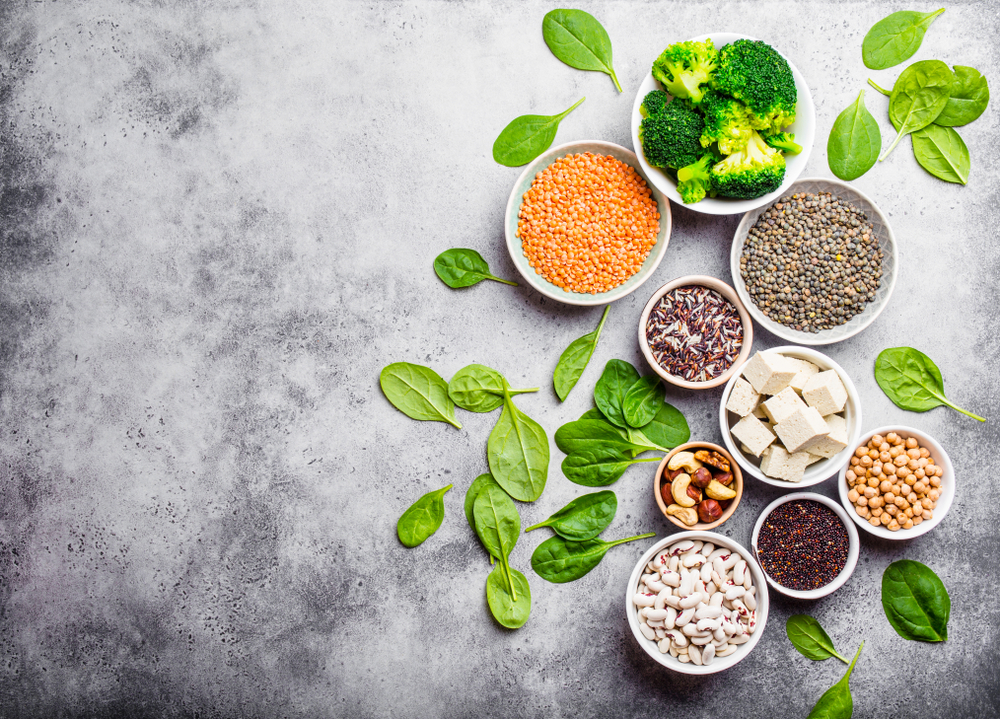Author: Karen Kawolics, MS RD LD, MEd
The symptoms may be subtle and mistakenly attributed to other causes. Could you have a vitamin B12 deficiency and not know it?
Who is at risk of vitamin B12 deficiency?
Vegans, vegetarians, infants breastfed by vitamin B12 deficient mothers, and adults over the age of 50 are the populations most commonly at risk.
Why might may not be getting enough B12
For vegans, vegetarians, and breastfed infants at risk, the reason for being deficient is simple. Vitamin B12 is mainly found in animal products like beef, chicken, turkey, seafood, eggs, and dairy products, and to a lesser extent, in some fortified cereals and grains. The human body cannot make this vitamin so it must be consumed. These populations are often not eating enough of the foods which contain vitamin B12 and therefore are deficient.
The reason is a bit more complicated for older adults. While this group may be eating vitamin B12-rich foods, their bodies may not process this vitamin correctly. This is due to a condition known as atrophic gastritis, a decrease in stomach acid associated with aging.
Here’s what should normally happen: When a healthy individual eats something like a juicy steak, hydrochloric acid (HCL), found in the stomach, goes to work pulling B12 out of this protein-rich food. If digestion and absorption processes proceed as usual, B12 will eventually make its way to the bloodstream where it is dropped off at various body cells and utilized for multiple functions. For older adults with low stomach acid, these steps do not occur, and therefore a deficiency develops.
Vitamin B12 deficiency symptoms
The list of possible vitamin B12 deficiency symptoms is long. Some examples of deficiency signs are constipation, fatigue, a diminished appetite and weight loss, anemia, numbness and tingling of the hands and feet, memory issues and dementia, depression, a sore oral cavity, and increased risk of heart disease. Because many of these symptoms are also associated with many other diseases and conditions, a deficiency of B12 may be overlooked as the primary cause.
How to know if you’re deficient
If what has been described here sounds like you, it never hurts to check with your doctor. A series of blood tests, and if needed a biopsy of the stomach lining, can be conducted to determine the exact cause. Besides atrophic gastritis, celiac disease, Crohn’s disease, gastrointestinal surgery, and pernicious anemia are also associated with a vitamin B12 deficiency. Individuals diagnosed with these conditions should consult their physician for treatment options.
Treating vitamin B12 deficiency
Some of the richest natural sources of vitamin B12 are clams, liver, trout, salmon, tuna, and beef. Vegans and vegetarians and breastfeeding moms at risk who are not open to eating animal products are recommended to seek supplementation based on their age and health status.
High-quality meds. Powerful psychology-based weight loss.
- Starting at $149/month
- Meds to your door in 7 days
- 100% online access to coaches and doctors
- Backed by Noom's award winning behavior change program
Medications require consultation and prescription by clinician through Noom platform. Not all customers will qualify for prescription. Compounded semaglutide is produced in an FDA-registered facility but not reviewed by the FDA for safety, efficacy or quality.

For those diagnosed with atrophic gastritis, treatment varies depending on severity and may include antibiotics and/or vitamin B12 forms which bypass the stomach such as B12 shots, a B12 nasal spray, or a sublingual supplement. In general, to avoid deficiency, the Institute of Medicine recommends healthy adults over the age of 50 consume B12-fortified foods and/or take a supplement.
Always consult your personal physician before taking any supplements as there may be interactions with certain medications and individual dosage recommendations may vary.
If you’re looking to improve your health and balance your diet, try Noom today!










